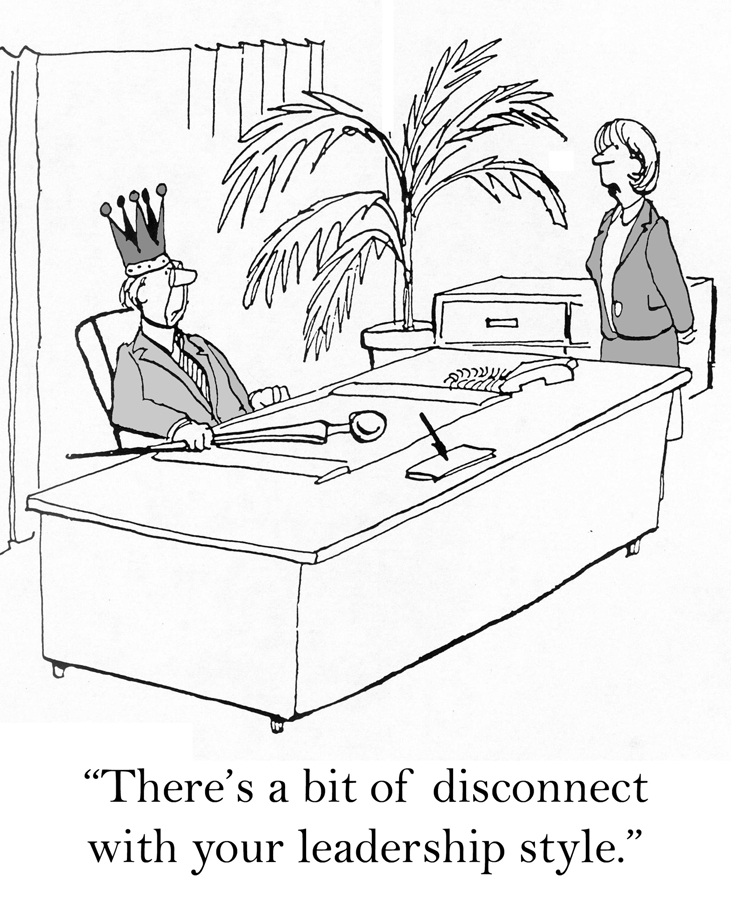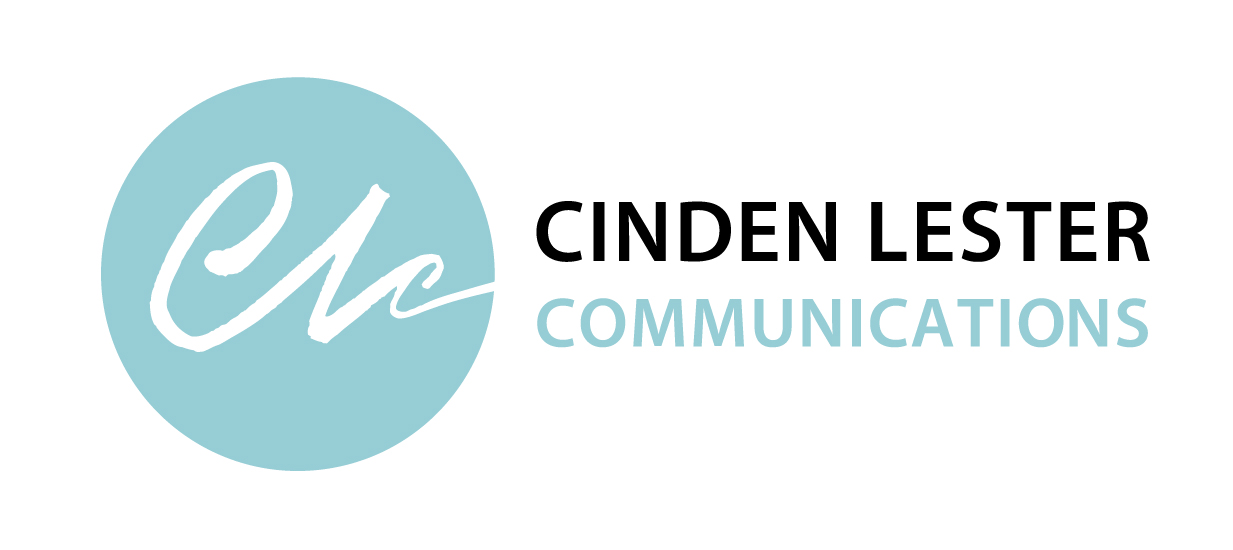
During one of the first focus groups I helped run years ago, two participants burst into tears.
We were researching communication within an organisation and, as so often happens, all sorts of management issues came up.
The tears were a result of pent up frustration about not being listened to.
Management and communication are linked, no doubt about it. But often, communications teams are expected to ‘fix’ poor management style.
Communications professionals can help managers understand what staff want to know and how best to communicate with them. We can help craft meaningful messages, identify effective channels, and encourage two-way communication…but ultimately it’s up to managers to establish regular communication, build relationships and get to know the people they work with.
Good managers are good communicators. They inform, inspire and motivate. They build knowledge within their team and across their organisation.
Old style ‘knowledge is power’ or ‘divide and conquer’ managers don’t. They don’t listen, they reluctantly drip feed information, they pit staff against each other, and they jealously guard their patch.
When managers don’t communicate well, the vacuum rapidly fills up with speculation and rumour, causing confusion and concern. But much of this angst can be avoided with simple, regular, honest communication between managers and their teams.
In fact, research shows the most engaged employees are those who have daily communication with their managers. And managers who combine face-to-face, phone and digital communication are the most successful in engaging employees. Simple courtesies like responding to messages within 24 hours also make a big difference.
So, while communications experts have a lot to offer any organisation, good communication is everyone’s responsibility.
‘Communication works best for those who work at it’
John Powell
| Cinden Lester has more than 25 years’ experience as a professional writer, editor and communications specialist. She worked as a broadcast journalist, in private sector marketing and public relations, and in government communications before establishing her own Canberra-based communications consultancy in 2000.
Contact Cinden if you’d like help with your communications. |


I agree with what you are saying in this Cinden. I have worked with many different managers and those who are open with their communication and clearly explain what they want get the best out of their teams. Still need a guest speaker…. maybe?
Thanks Lisa
… and maybe :)